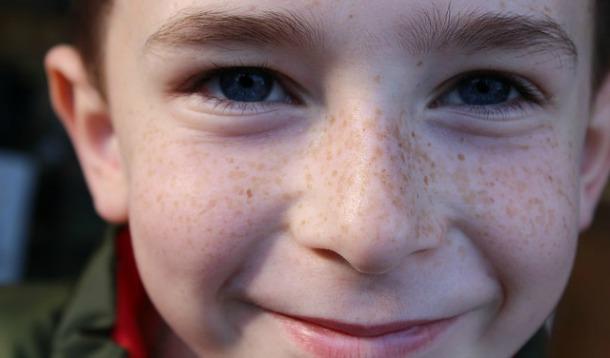
Teaching gifted students is the same as teaching students with learning disabilities, or even teaching students with brown hair, in that they are a diverse group with a huge variety of strengths and needs. There is no one-size-fits all approach to nurturing the gifted learner, and assuming the gifted student can more-or-less teach themselves may be a recipe for disaster.
According to Ontario’s Ministry of Education, a gifted learner is a student “an unusually advanced degree of general intellectual ability that requires differentiated learning experiences of a depth and breadth beyond those normally provided in the regular school program to satisfy the level of educational potential indicated.” Basically, a gifted student scores at or above the 98th percentile on various intelligence tests and requires a different teaching style than the typical classroom offers. Other provinces have similar definitions.
Now, each school board can interpret the Ministry’s definition in their own way and can decide their own methods for testing. Some school boards demand students achieve over the 99th percentile to qualify for gifted education, some school boards require scores over the 98th percentile only in certain areas of testing. Your child may be considered “gifted” in one board, but fall short of the cut-off in another.
Also, although gifted testing assesses general intelligence, it focuses on language and mathematics testing. This means a student who is gifted in the arts, athletics or technology may be passed over for the label.
In most school boards, a gifted learner requires an Individual Education Plan, similar to the ones designed for struggling learners. Boards recognize the uniqueness of these students, as well as the individualized attention they require.
There are many common beliefs about gifted learners that are not true.
A gifted learner is not:
Gifted students aren’t always the ones who are neatest, or put in the most effort in class. They may refuse to complete assignments that are repetitive or easy. They may have poor study habits and a disorganized approach to work. Schools measure a lot more than intelligence when assessing students and gifted students won’t necessarily score well on a typical report card.
Your toddler may have an exceptional vocabulary and may have been speaking in sentences since their first birthday, but they may still throw themselves on the floor in an all-out tantrum because you used the wrong coloured sippy-cup. Your pre-teen may be able to whiz through high school algebra, but might still play kids games and sleep with a teddy bear. Skills develop unevenly and often the intellectual abilities of a gifted learner develop ahead of their social and emotional abilities.
Teachers and parents may believe that a gifted learner will always thrive in an academic environment and will be a “good student.” In reality, many gifted learners act out when they are not feeling challenged. Many gifted learners also question classroom rules and authority, as they seek justification for the systems a teacher puts in place.
Gifted learners are at risk of becoming disenchanted with school and several studies point to high dropout rates among such students. Often gifted learners are motivated in particular fields of study, but may have little or no interest in others. Also, gifted kids can become disgruntled with the pace of learning in school. It may take a typical child many repetitions to master a new skill, where as the gifted learner may get it on the first time through and become frustrated waiting to move on. A gifted student needs new and different challenges to keep learning – not just more of the same type of work.
Although giftedness can be fostered and improved upon in the right environments, it is widely believed that giftedness is innate. Frequently, gifted children have one or two gifted parents and may also have gifted siblings. Hard work and discipline are valuable tools for all learners and can certainly take the gifted learner far, but no amount of studying can create giftedness in your child.
The most gifted learner I ever taught was also the most profoundly disabled. Unable to write a single legible word, struggling to decode the simplest sentences, this kid had a mind that was on fire. He could rapidly and creatively solve almost any problem you threw at him – as long as you did it verbally. Gifted learners can have a myriad of learning problems, including Attention Deficits Disorder, Dyslexia, or Asperger Syndrome.
Often time, gifted kids know there is something different about them. They may feel out of synch with kids their age. They may prefer individual endeavours or conversations with adults. They may be introspective or introverted. All of which can make recess, birthday parties and other social situations difficult for gifted kids. Being among the top 2% intellectually can be very isolating.
Of course, it is important to see gifted students as kids first - being gifted is just a piece of who they are. And, by nature of being human, gifted learners are distinct and varied. I’m not saying your gifted student will necessarily challenge teachers, appear emotionally immature or have difficulty making friends. All children should be celebrated for who they are, rather than for whatever label has been assigned to them.
Giftedness, like disability or even average ability, can certainly be a gift. In the right environment, giftedness can lead to greatness. It’s all about nurturing strengths, challenging students and keeping kids motivated. It’s about recognizing the uniqueness of each student and creating a classroom in which they can flourish. To me, that's just good teaching.
Image Source: pixabay.com